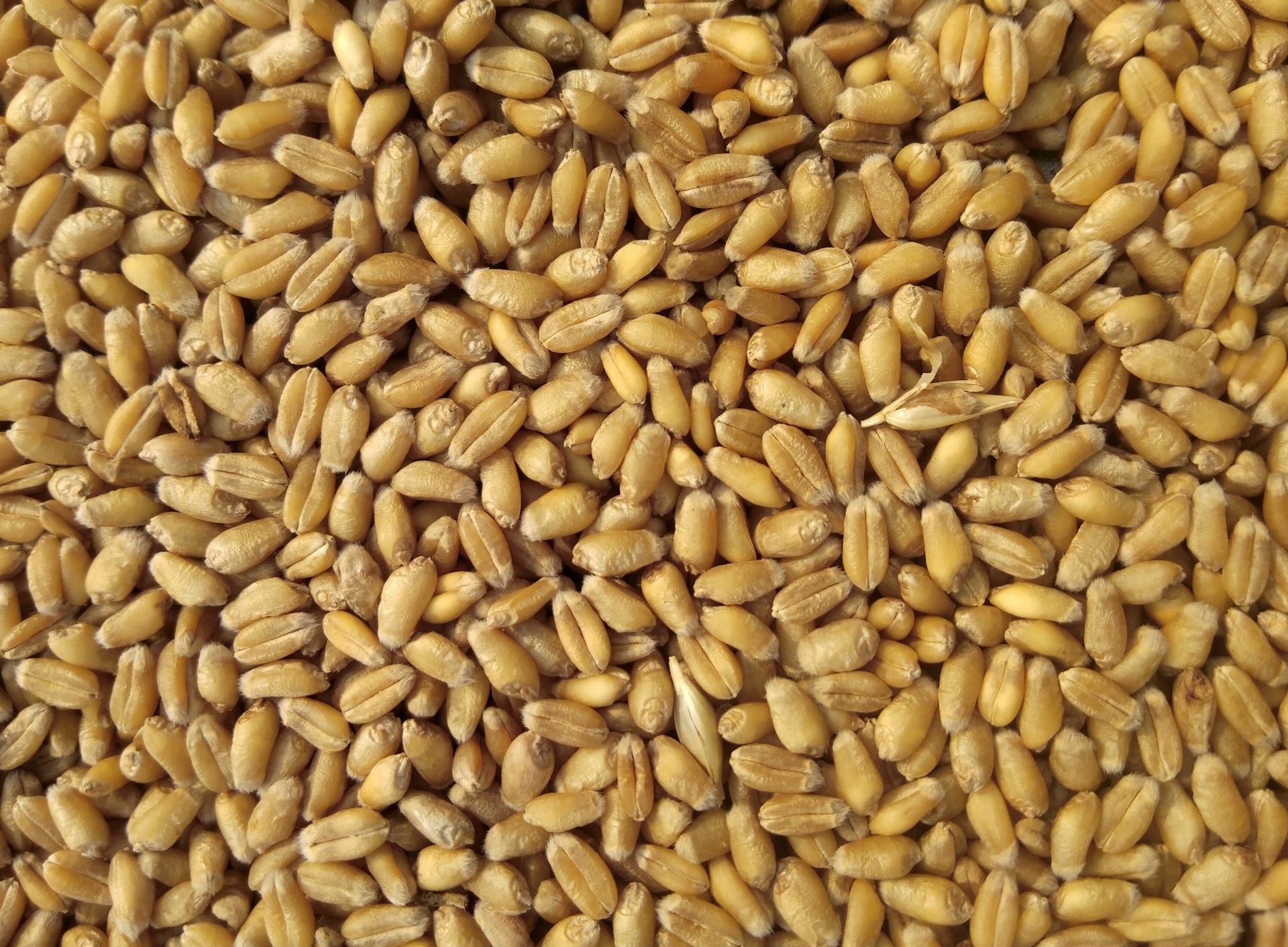Casablanca – In 2024, Morocco is gearing up to significantly boost its wheat imports to a record level of 7.5 million tons, marking a substantial 19% increase from the previous year. This surge comes in response to a sharp decline in domestic wheat production, projected to plummet by about 40% to a mere 2.5 million tons, according to the latest data from the Food and Agriculture Organization (FAO) of the United Nations.
The FAO’s report underscores Morocco’s pivotal position as a major wheat importer in Africa, positioning it just behind Egypt, which remains the largest global importer of this essential grain with expected imports exceeding 12 million tons. Morocco’s increased reliance on wheat imports reflects challenges posed by adverse weather conditions, including reduced rainfall and higher temperatures, which have significantly impacted local agricultural yields.
The Kingdom’s agricultural sector, vital to its economy and rural livelihoods, faces mounting pressures amidst climate change impacts. Despite recent rainfall in certain regions like Fes-Meknes, the Western, Loukos, and northern Casablanca areas, which partially alleviated drought conditions, overall agricultural output remains strained.
Morocco’s strategic initiatives to secure food supplies include maintaining a strategic wheat reserve adequate for over five months, alongside ongoing imports of high-quality wheat at competitive prices. These efforts are crucial for ensuring food security amidst global climate challenges and increasing dependency on wheat imports.
Globally, wheat production is expected to see a marginal decline of 0.1% in 2024, totaling 787 million tons. This decrease is primarily attributed to reduced yields in key producing regions such as the European Union, Ukraine, Turkey, the United Kingdom, and Morocco. Moreover, global wheat stocks are anticipated to decrease for the second consecutive year, dropping to 307 million tons, influenced by reductions in major exporting nations including the EU and Kazakhstan.
Morocco’s proactive measures to augment wheat imports highlight its strategic response to mitigate domestic production shortfalls exacerbated by adverse climatic conditions. As the nation continues to navigate these challenges, enhancing agricultural resilience and diversifying production sources remain critical priorities to safeguard its food security in a changing global climate landscape.
















